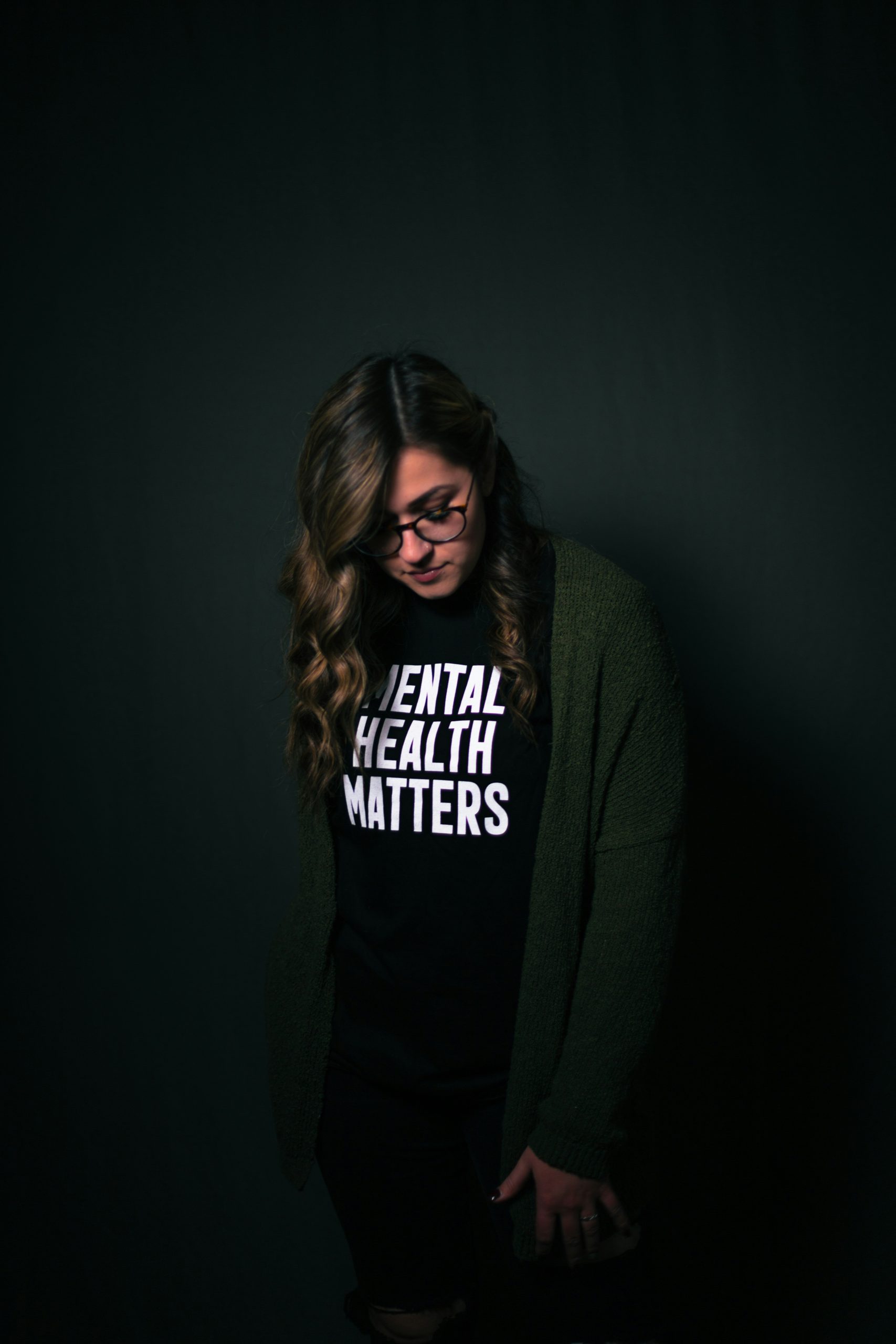Is Your Mental Health Paying the Price?
Introduction
Social media connects billions worldwide, but behind the likes and shares, it’s silently reshaping our mental well-being. From anxiety spikes to addiction, the digital world has a dark side that few talk about. Let’s explore how social media is influencing mental health and what you can do to stay protected.
1. The Silent Mental Health Crisis
Studies show that excessive social media use is linked to increased levels of depression and anxiety. Constant comparison, cyberbullying, and digital validation traps create an environment where self-worth is measured by numbers on a screen.
Key Statistics:
📉 A 2023 study by the American Psychological Association found that 64% of young adults reported feeling worse about their lives after scrolling through social media.
💬 Cyberbullying incidents have increased by 70% since 2019, leading to a rise in self-esteem issues.
🕒 The average person spends 147 minutes daily on social media, affecting real-life relationships and productivity.
🔗 Related Resource: Understanding the Link Between Social Media and Mental Health
2. The Dark Side of Algorithms
Social media platforms are designed to keep users hooked. Algorithms prioritize engagement, often amplifying controversial or negative content that triggers emotional reactions. This cycle can lead to:
- Doomscrolling: Endless scrolling through distressing news, worsening anxiety.
- Social Comparison Syndrome: Seeing curated, perfect lives online creates unrealistic expectations.
- Fear of Missing Out (FOMO): Feeling inadequate when not part of trending events or experiences.
🔗 Further Reading: How Social Media Algorithms Affect Your Mental Health
3. The Addiction Factor: Why You Can’t Stop Scrolling
Dopamine, the brain’s reward chemical, plays a crucial role in social media addiction. Every notification, like, or comment gives a small dopamine hit, reinforcing compulsive behavior.
📢 Real Case: Frances Haugen, the Facebook whistleblower, revealed internal documents showing that Instagram’s algorithm contributed to body image issues among teenage girls. Despite knowing the risks, the platform continued pushing harmful content for engagement.
🔗 Whistleblower Testimony: Instagram’s Effect on Teen Mental Health
4. Practical Steps to Protect Your Mental Health
✅ Set Screen Time Limits: Apps like Moment and Digital Wellbeing help monitor and reduce social media usage.
✅ Curate Your Feed: Unfollow toxic accounts and engage with positive, educational content.
✅ Take Digital Detoxes: Schedule regular breaks from social media to regain real-world focus.
✅ Prioritize Mental Health Support: Seek therapy or mental wellness programs if social media impacts your well-being.
🔗 Mental Health Resources: National Alliance on Mental Illness (NAMI)
5. The Future of Social Media & Mental Health
Governments and tech companies are under pressure to regulate social media’s impact on mental health. In 2024, EU digital laws forced platforms to provide better parental controls and mental health warnings. Meanwhile, discussions on age restrictions for addictive apps continue.
🚀 Will social media become safer, or will mental health remain a hidden cost of digital life?
🔗 Latest Legal Updates: EU’s New Social Media Regulations
FAQs
1. How does social media impact mental health?
Social media affects mental health by promoting unrealistic comparisons, increasing anxiety, and encouraging addictive behaviors through dopamine-driven feedback loops.
2. What are the signs of social media addiction?
Signs include excessive screen time, compulsive checking, anxiety when offline, disrupted sleep patterns, and neglect of real-life interactions.
3. How can I reduce the negative impact of social media?
Limit screen time, engage with positive content, unfollow toxic accounts, and take digital detoxes regularly.
4. Are social media platforms doing anything to address mental health concerns?
Some platforms are implementing features like screen time reminders and mental health resources, but concerns remain about algorithm-driven engagement tactics.
Conclusion
Social media isn’t inherently bad, but unchecked usage can take a toll on mental health. Awareness and self-regulation are key to maintaining a healthy balance in the digital world. Share this article to spread awareness and start the conversation!

